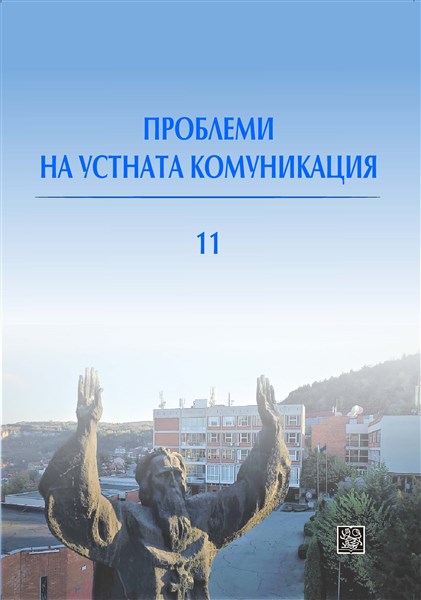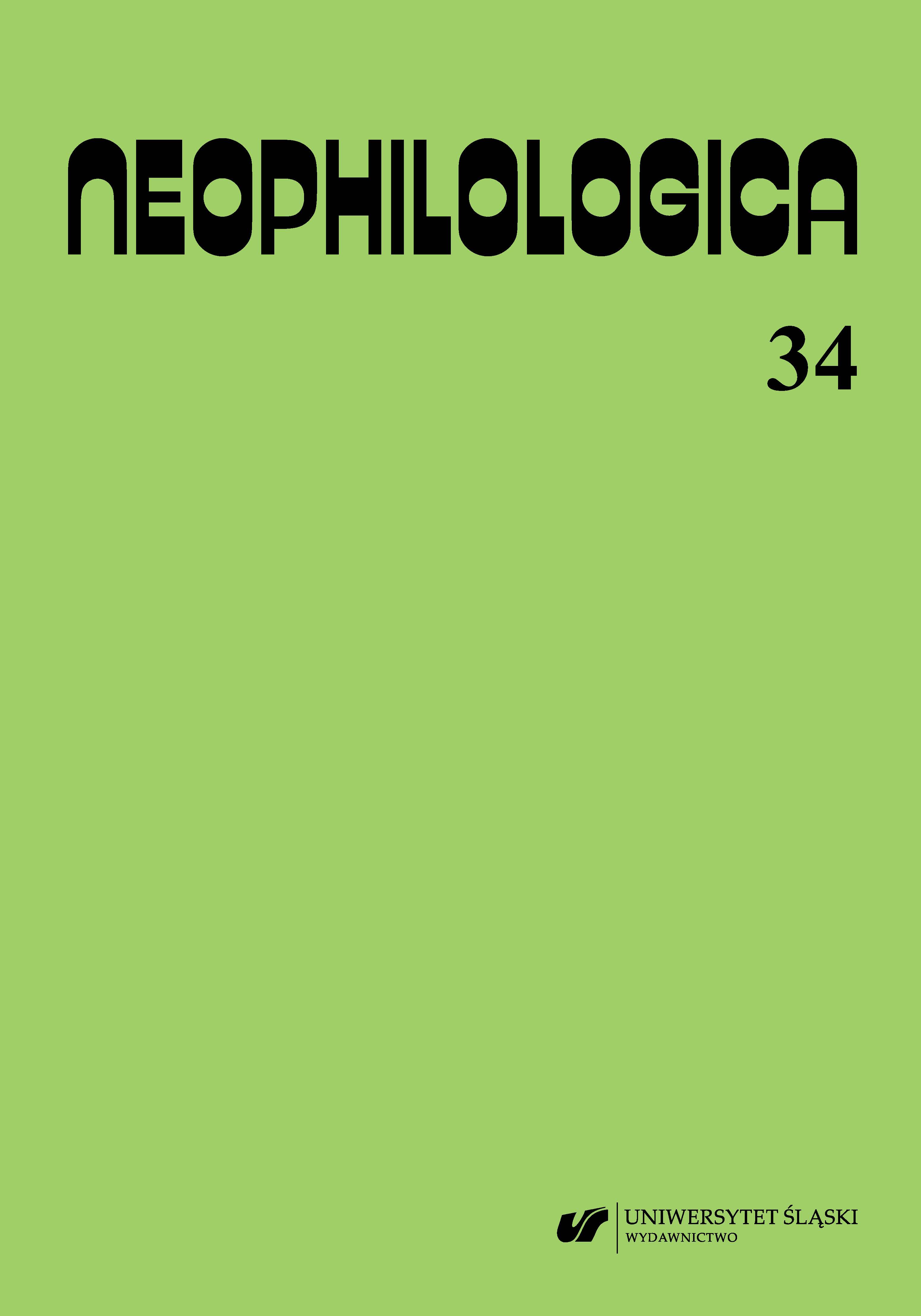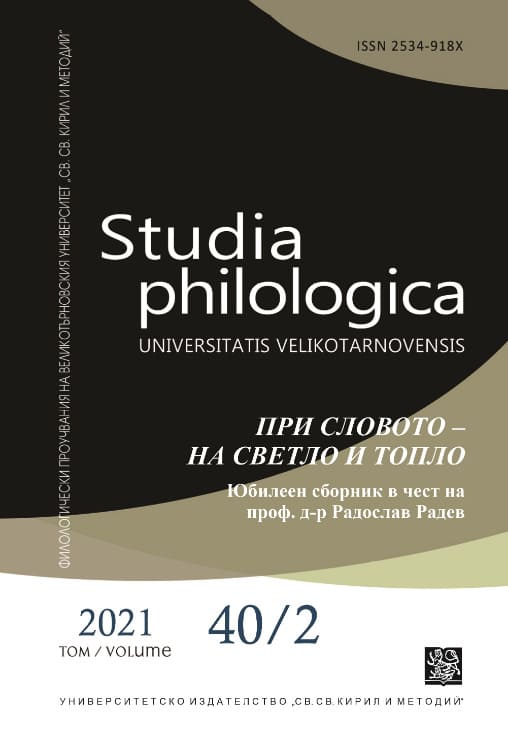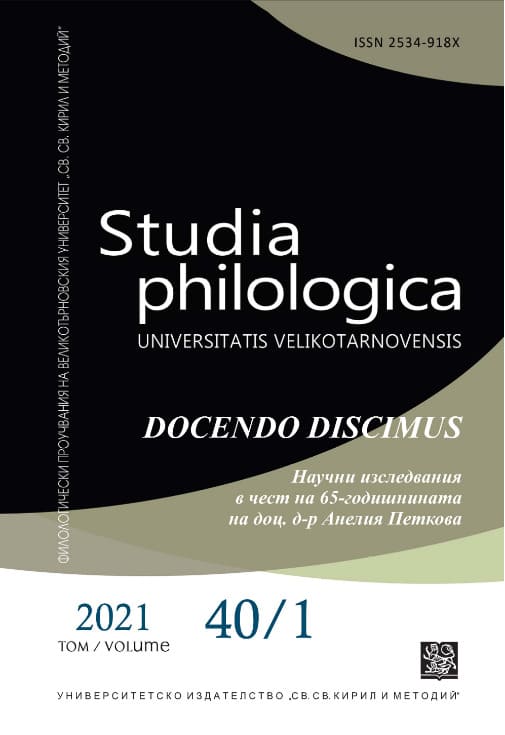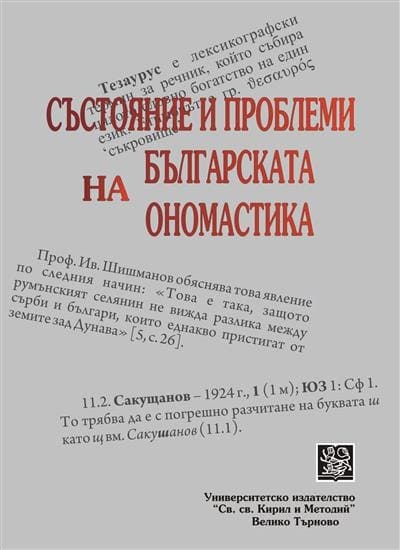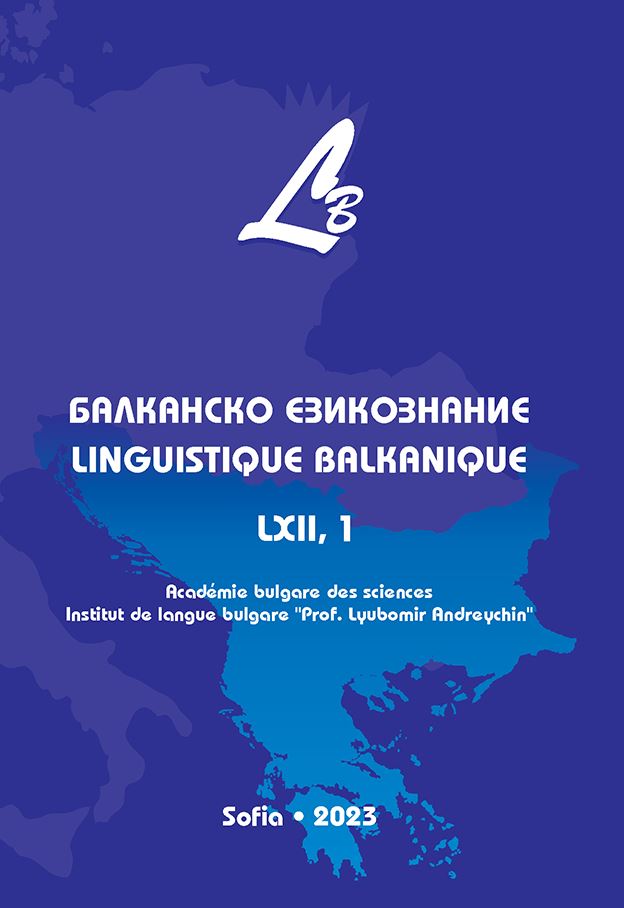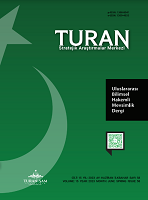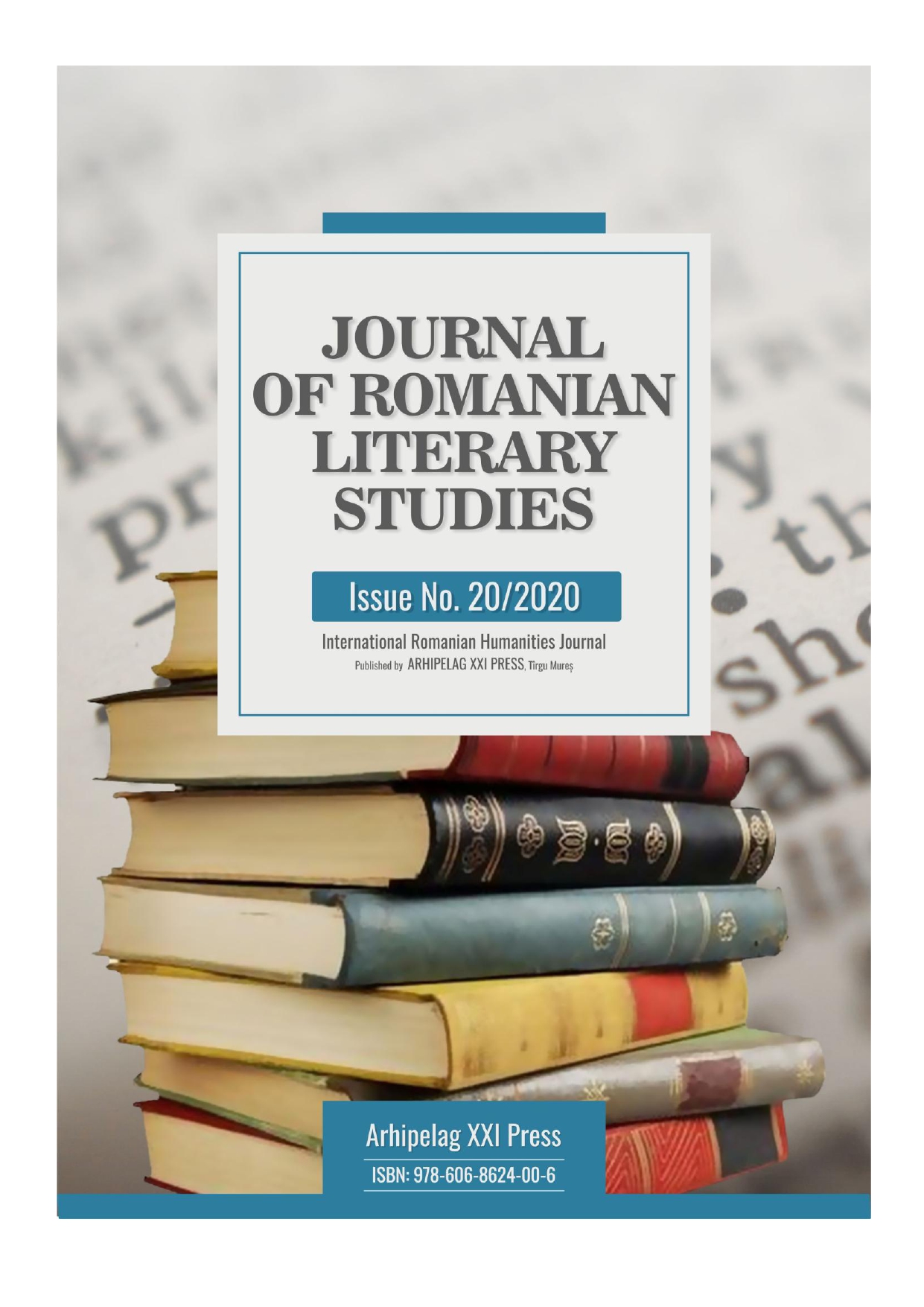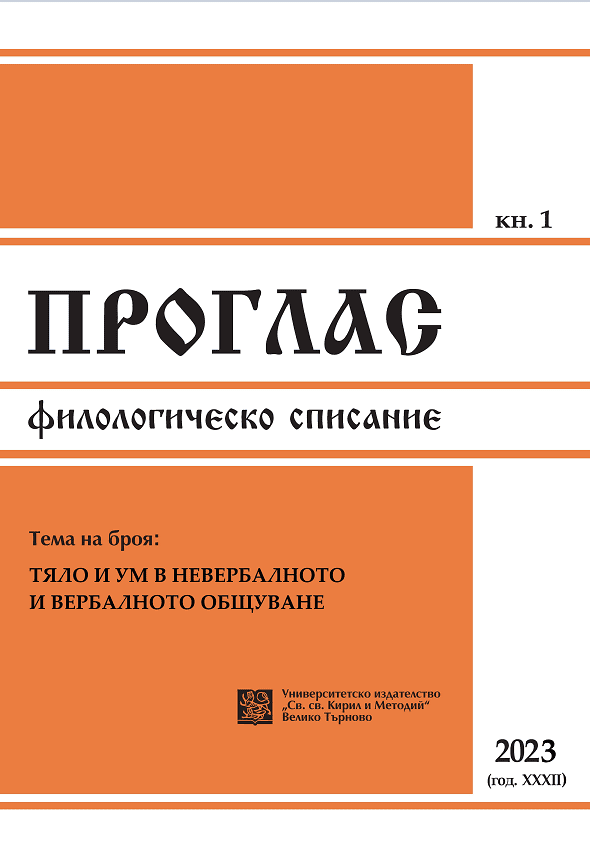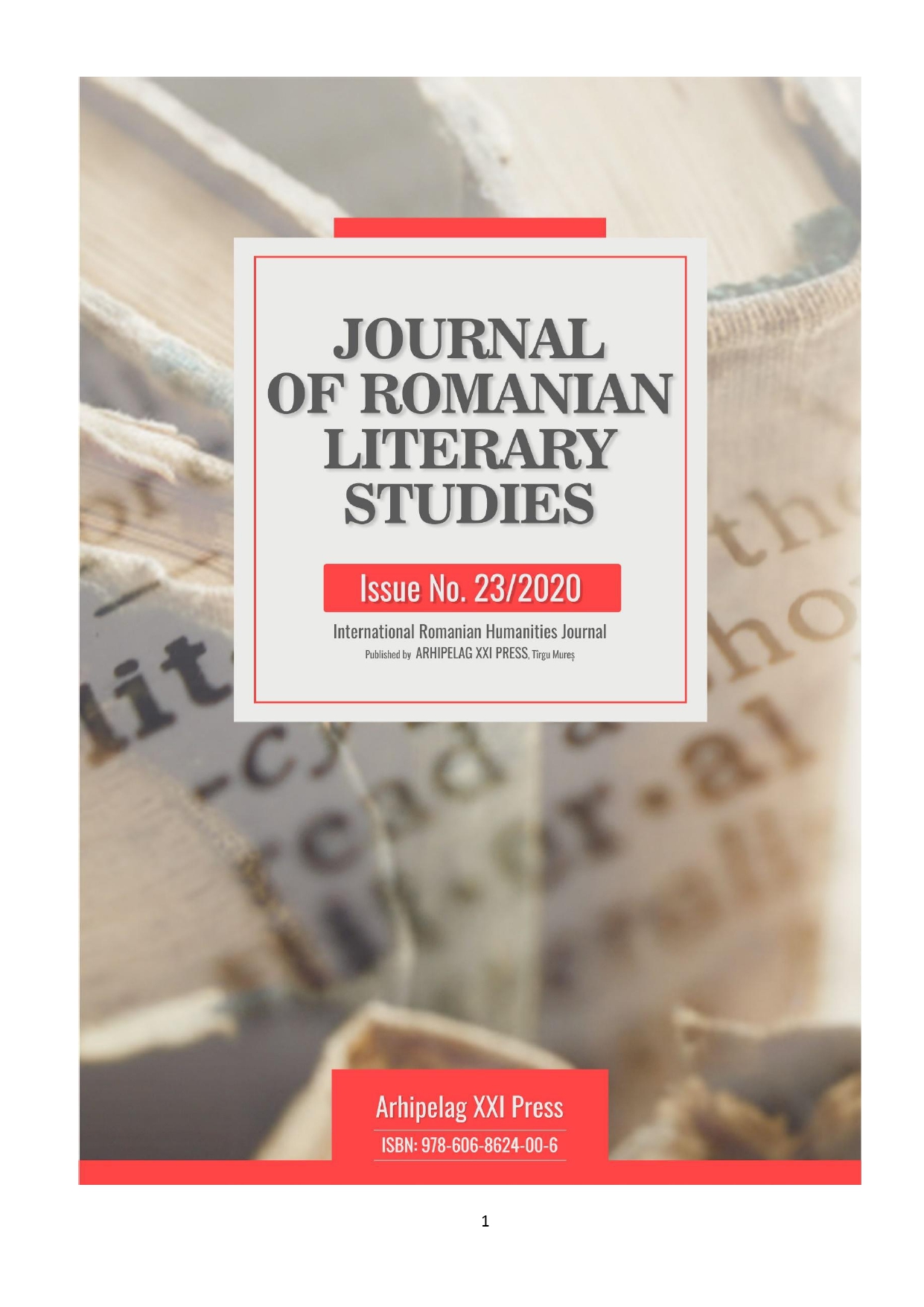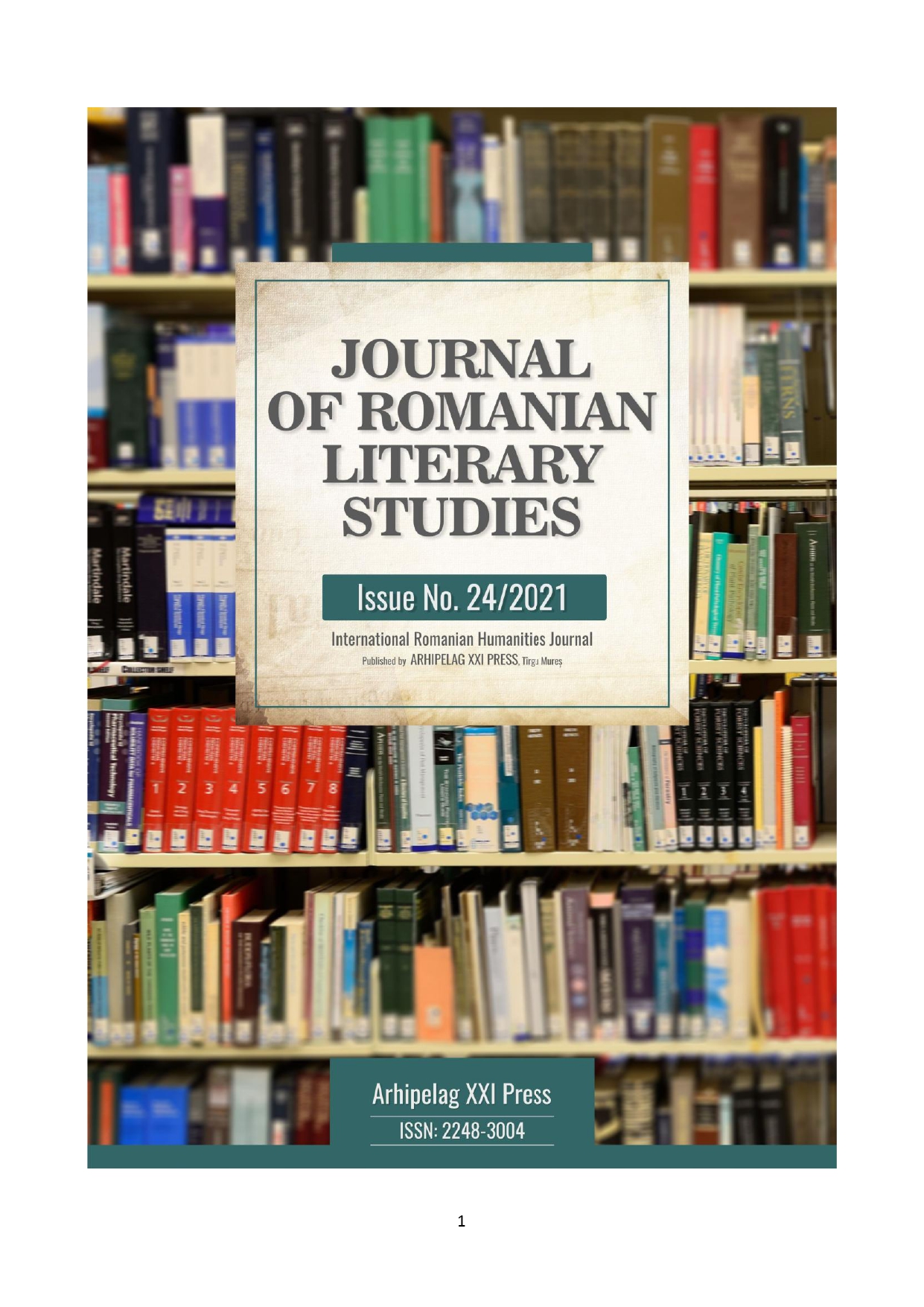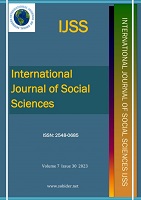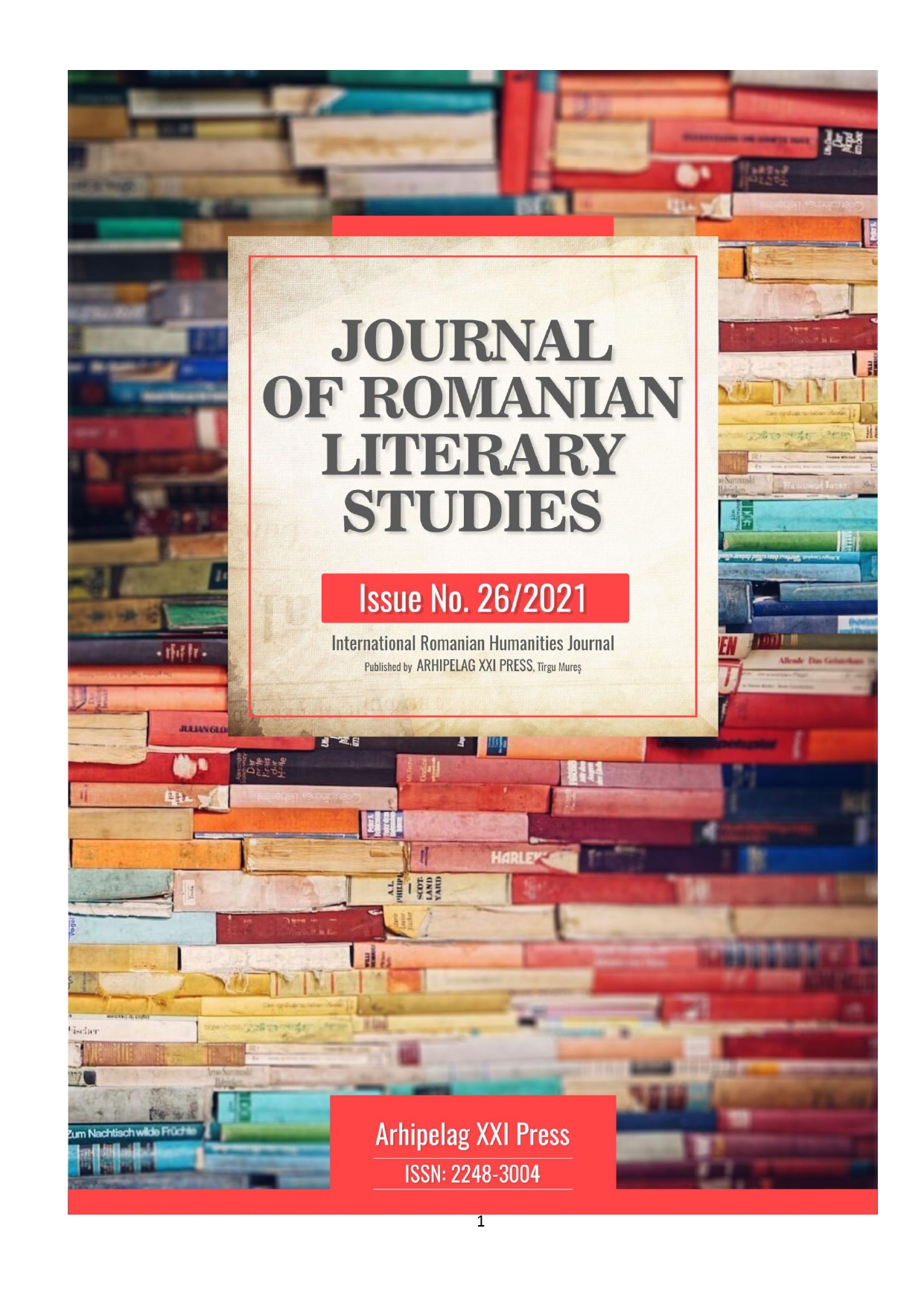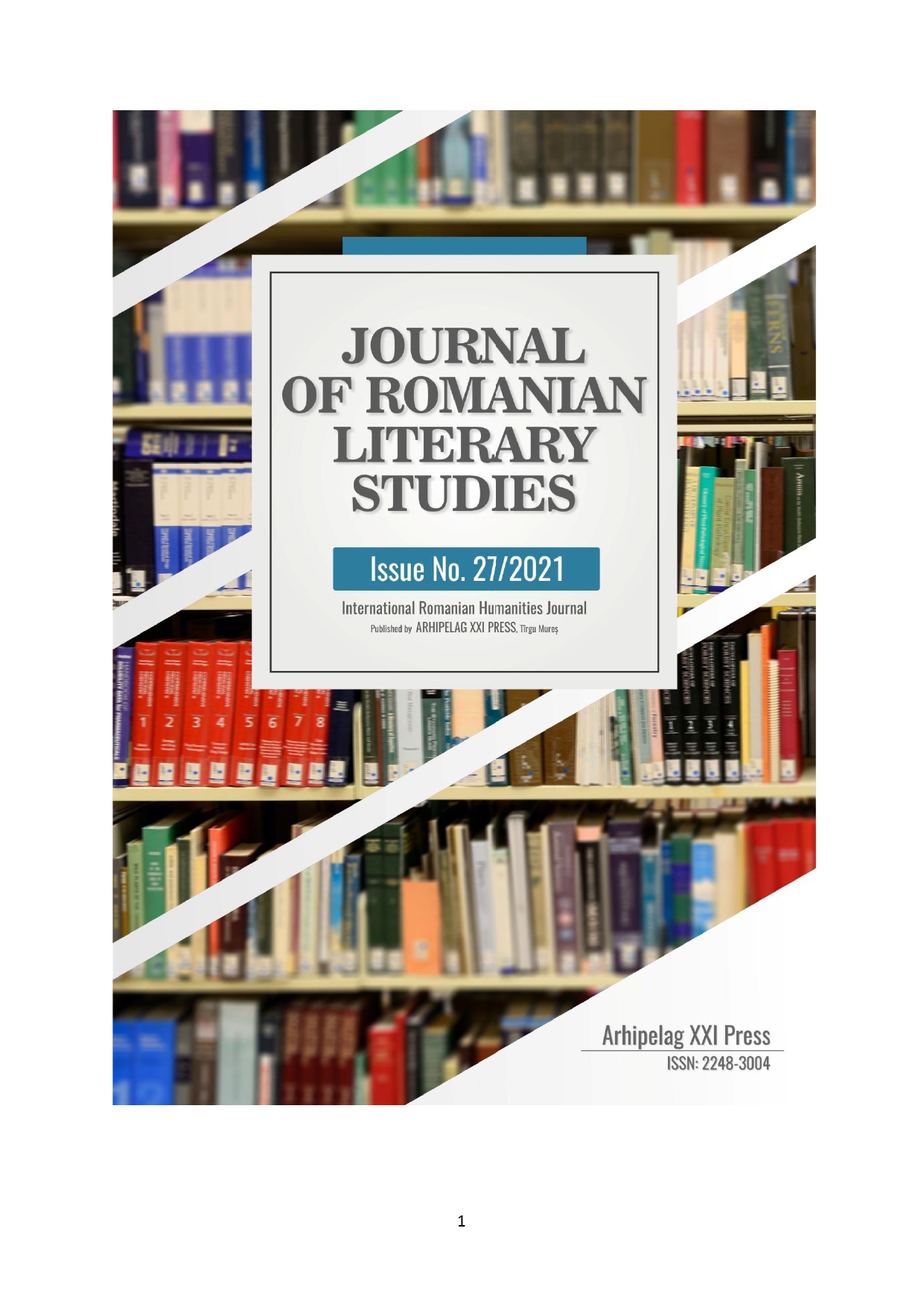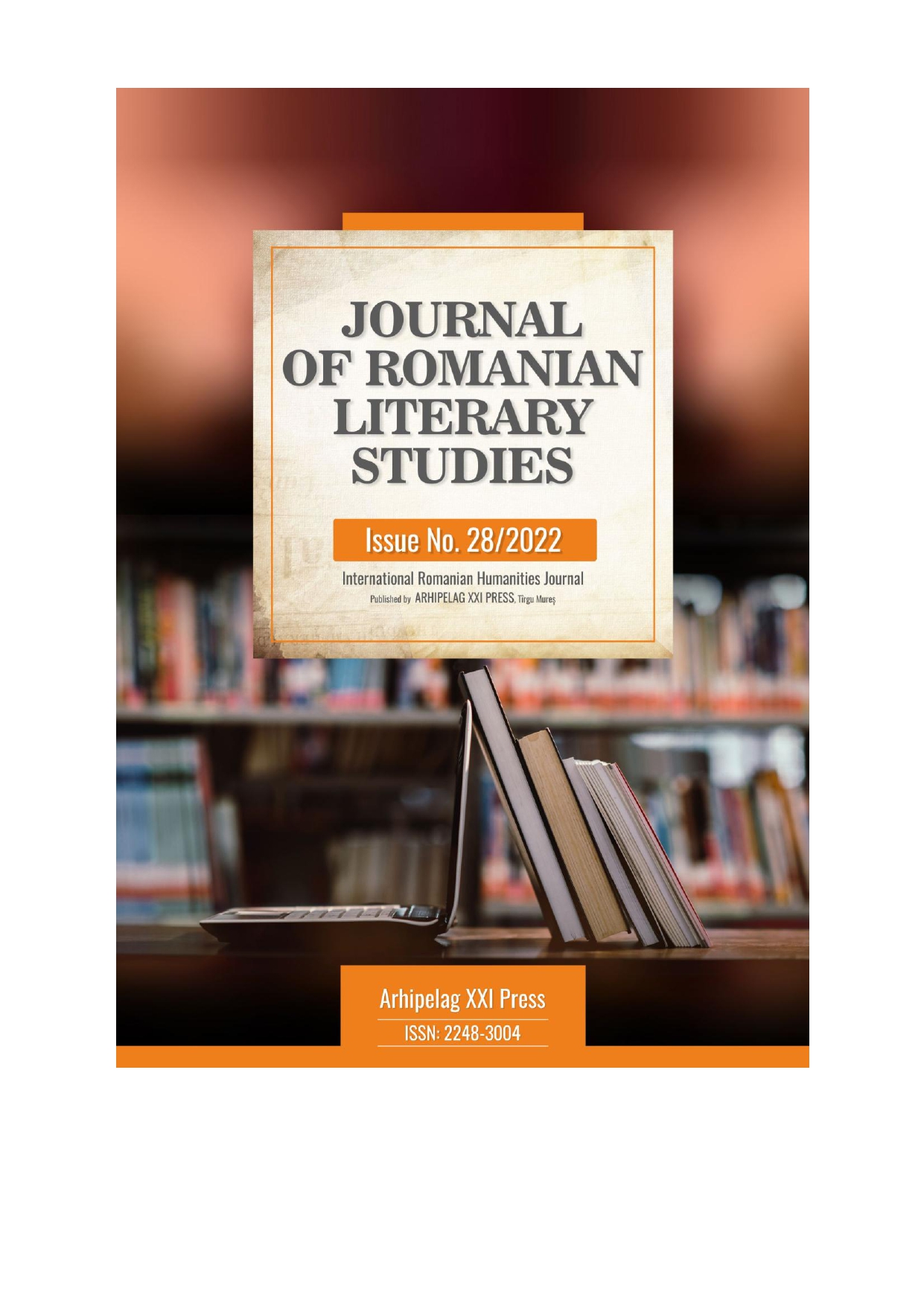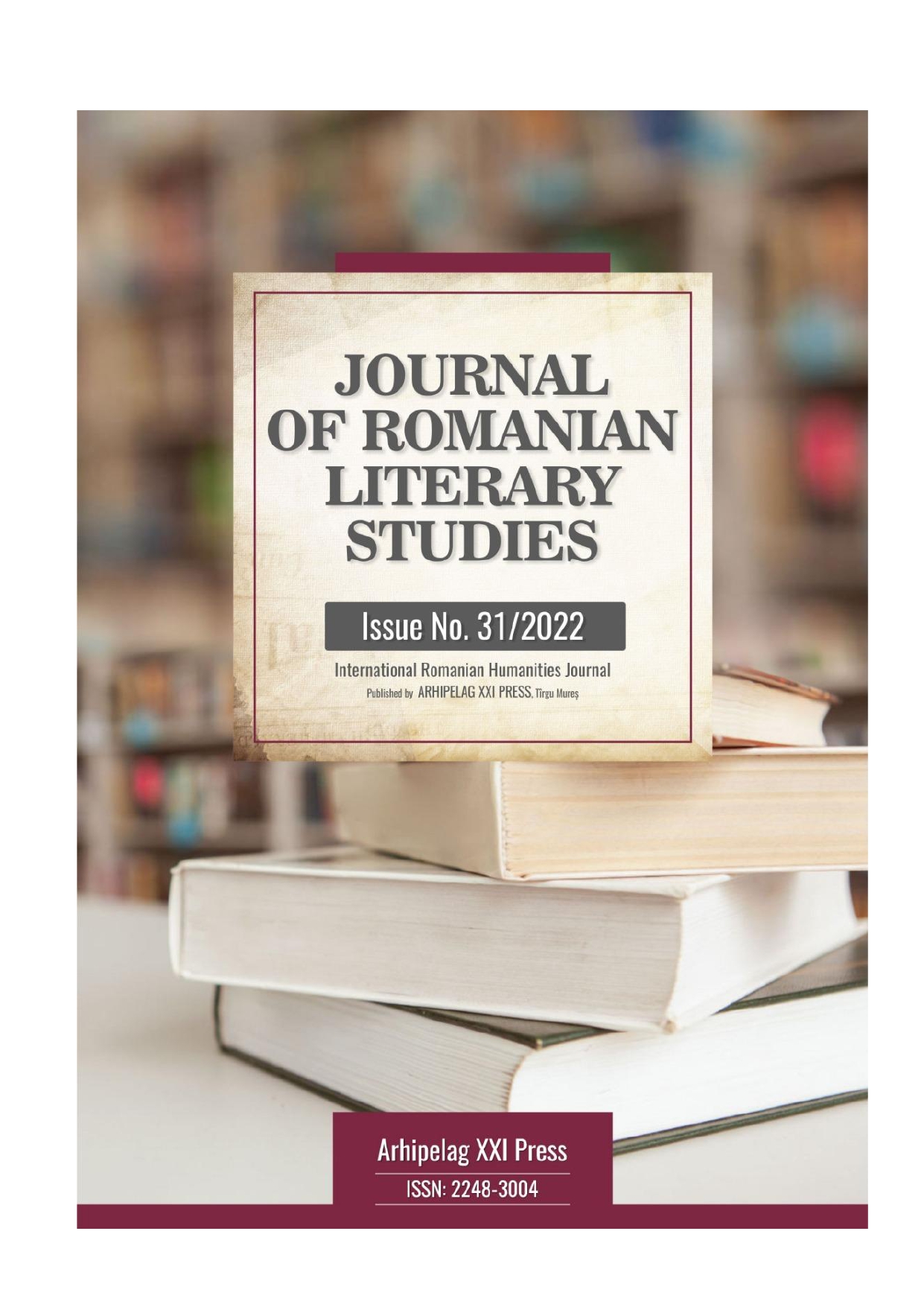Author(s): Loredana-Aurelia Alexandrescu,Maria Alexandrescu / Language(s): Romanian
Issue: 28/2022
Our study focuses on argumentative techniques based on semantic rhetorical figures (metaphor, comparison, metonymy, oxymoron), in the current interview type Romanian television discourse. The analysis is performed on four television shows: Professionals, broadcasted on TVR1, moderated by Eugenia Vodă (interviews with Monica Macovei, Andrei Pleşu, Dem Rădulescu, Father Ilarion and Father Bartolomeu Anania); Breakfast with a champion, broadcasted on TVR 2 and TVR2 HD, hosted by Daniela Zeca-Buzura(interview with Corina Chiriac and Andrei Pleşu); Nocturnes, on TVR1, TVR HD and TVR +, moderated by Marina Constantinescu (interview with LiviuCiulei); Let's cultivate gratitude, on Trinitas TV, made by Eveline Păuna (interview with Daniela Zeca-Buzura); we mention the fact that in the analyzed interviews all the typological discursive formscan be found, from the legal discourse (Monica Macovei), with descriptive and narrative structures, to the religious discourse (Fr. Ilarion from the Monastery “The Cross”, Father Bartholomew Anania) or philosophical (Andrei Pleșu).
More...
